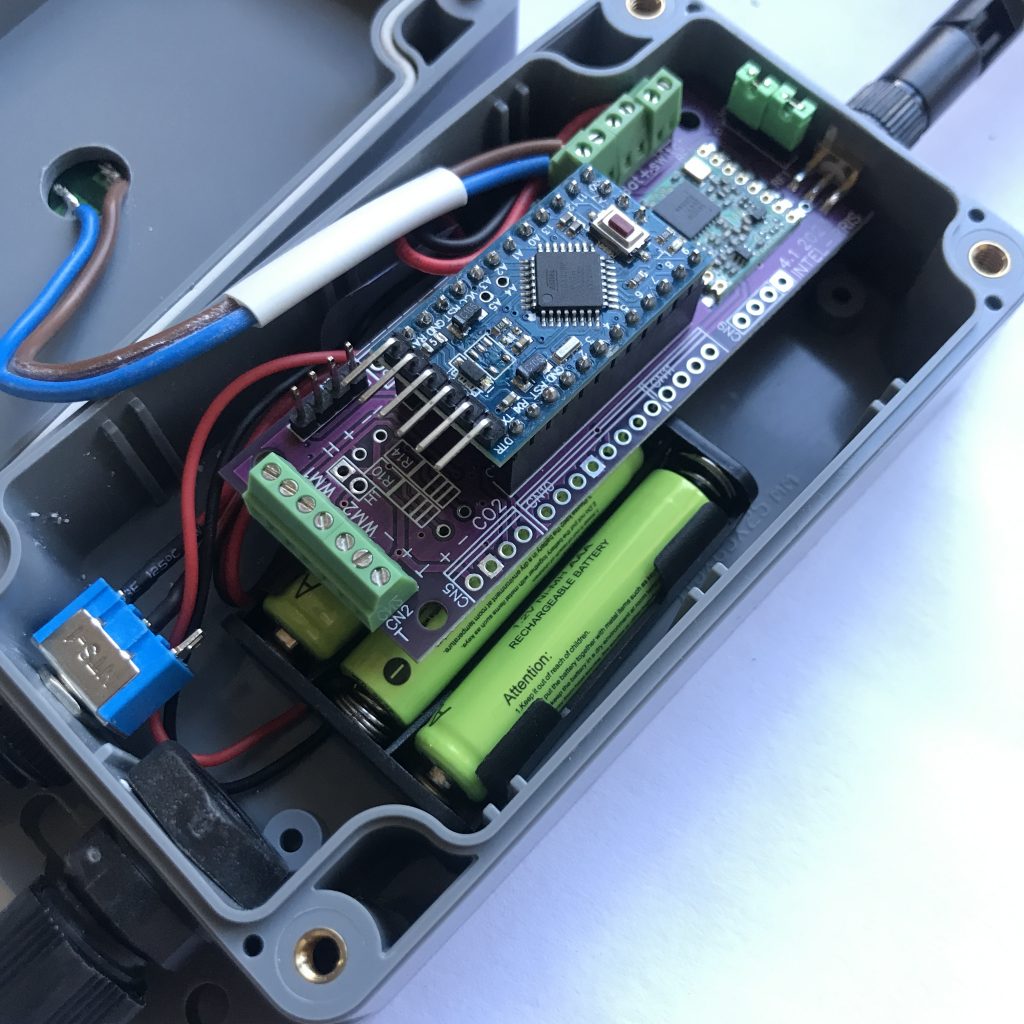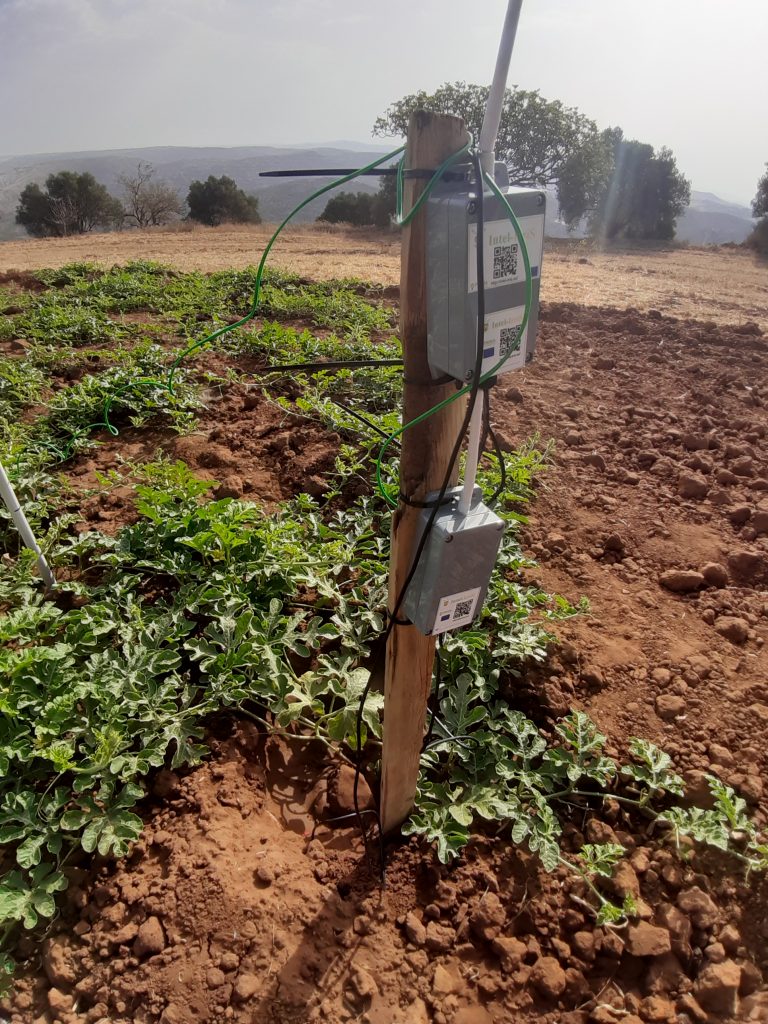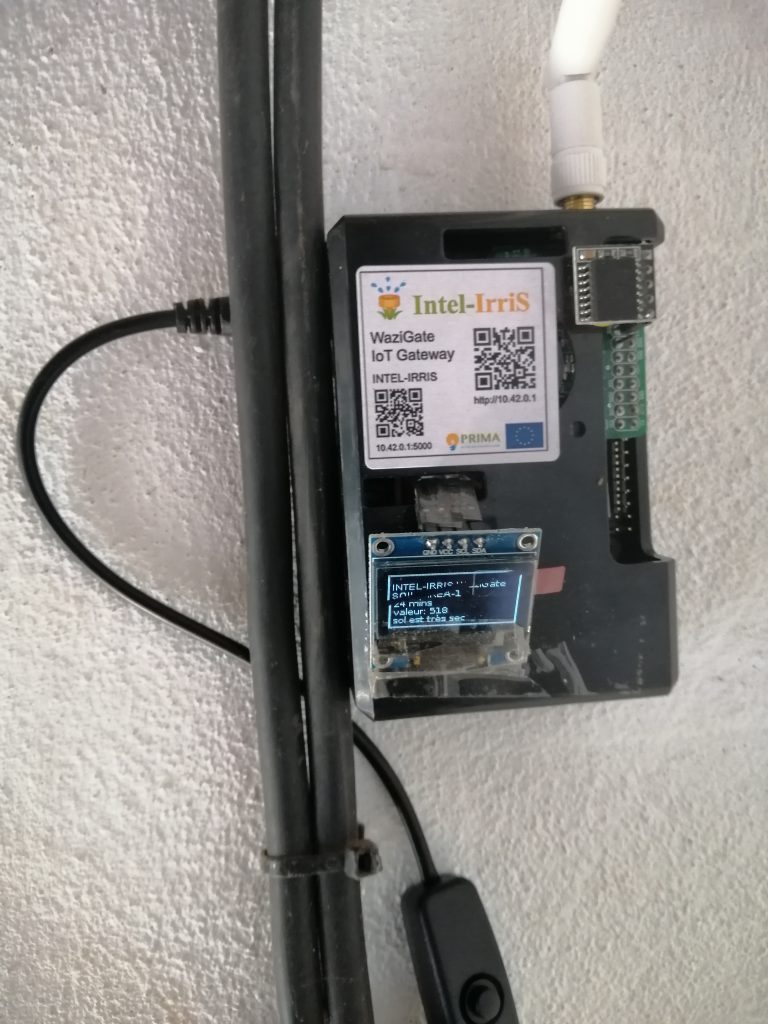INTEL-IRRIS NEWSLETTER #6

This is NEWSLETTER #6!
* * *
Content of NEWSLETTER #6 – May-June 2024
- The final events in Algeria and Morocco
- Summary of the main results
- Outreach activities
- Acknowledgements
THE FINAL EVENTS IN ALGERIA AND MOROCCO
The main events in May 2024 are certainly the 2 final events organized in Algeria and Morocco on May 9th and May 22nd respectively. In both events, invited speakers from other PRIMA and international projects gave exciting talks, broaden the scope of collaborative research in order to address resource scarcity with a broader range of contributions.
In Algeria, Dr S. Jomaa, coordinator of the PRIMA OurMED project, highlighted the urgent need to have a global management of the water resource. The panel session animated by Pr. Benyamina was a great moment of discussions with stakeholders and representatives of Algerian agriculture agencies.
In Morocco, Dr Bouazzama from PRIMA MED-WET, Dr R. Marijuan from PRIMA NATMED and Dr Raul Sanchez from H2020 GreenUP and HE CIRAWA provided insights in new irrigation technologies and nature-based solution for Full Water Cycle management.
These events were also the opportunity to thank and acknowledge the support and the invaluable help from the stakeholders without whom the Smallholder Piloting Program would not have been possible!



SUMMARY OF THE MAIN RESULTS
Summarizing the main results can be challenging because there have been so many achievements since June 1st, 2021, 3 years ago! However, we can list the following:
1/ design & validation of cost-effective sensing platform for soil moisture monitoring
INTEL-IRRIS has implemented 3 approaches to design cost-effective sensing platform, each with increased integration functionalities while preserving flexibility to adapt the platform for other needs.

The latest version of the starter-kit deployed in the last months for the Smallholder Piloting Program uses the INTEL-IRRIS PCBv4.1 that can be ordered directly from the PCB manufacturer since all design files are available on the project GitHub. A tutorial video was also produced to learn how to order the fully assembled PCB (referred to as PCBA, A for Assembled) to build the starter-kit. The cost of the PCBA can then be as low as 8€/PCBA when ordering 100 pieces!


2/ demonstration of the “Intelligent Irrigation in-a-box” and “plug-and-sense” concepts proposed at the beginning of the project
One of the key objectives for INTEL-IRRIS was to design and build a fully autonomous sensing system without requiring Internet connectivity to remote servers as all data processing and intelligence are all embedded. From the very beginning, the idea of a “starter-kit” that could be deployed out-of-the-box by farmers themselves was the driving objective for all partners. 3 years later, the idea becomes reality with the INTEL-IRRIS starter-kit being tested and deployed in numerous piloting sites.

At the core of the system, the gateway is the component that receives data from all deployed sensors for display and processing, without the need to Internet connectivity as customized processing and dedicated applications can be embedded in the gateway. Thanks to our partner WAZIUP e.V. who designed the generic & versatile WaziGate gateway software, INTEL-IRRIS was able to implement the “plug-and-sense” starter-kit.


Advanced data processing, including AI processing, can be embedded as dedicated applications running on the gateway, and easily accessed from a smartphone. INTEL-IRRIS demonstrated the flexibility and the efficiency of the approach by developing the INTEL-IRRIS Irrigation WaziApp Application (IIWA) which adds a more intuitive User Interface and more advanced parametrization features.



3/ technology transfer, capacity-building and increased competences for INTEL-IRRIS partners
Again, from the very beginning, INTEL-IRRIS integrates an ambitious technology transfer and capacity-building component.

During the 3 years of the project, INTEL-IRRIS organized numerous capacity-building and training events targeting students, tech enthousiats and entrepreneurs as well as technology transfer workshops with INTEL-IRRIS partners that are more on the agricultural sciences.

We believe INTEL-IRRIS succeeded in that task. For instance, researchers at the INRA Regional Agriculture Research Center of Settat are now fully operational to assemble, program and configure all hardware and software components of the latest version of the starter-kit to scale-up and deploy in more farms!


Last but not least, an online capacity-building program called “IoT Irrigation for Small Farms” has been developed and integrated into the WaziLab Learning Center to allow trainees to learn and validate all the steps of building and configurating the INTEL-IRRIS starter-kit. They can do so at their own pace!


4/ demonstration of technology readiness for smallholder communities
Raising awareness and increasing technology adoption is also one of the main objectives clearly identified by INTEL-IRRIS. Besides technological design choices such as proposing an autonomous sensing system without requiring Internet connectivity, INTEL-IRRIS tried to maximize technology adoption by designing intuitive and multi-level User Interface where basic configuration with minimal parametrization is activated by default while more advanced features can be enabled in an incremental manner for more advanced users or when users have increased their competences.




OUTREACH ACTIVITIES
INTEL-IRRIS has run many dissemination and outreach activities to further test and validate the INTEL-IRRIS starter-kit. We would like to thank all these institutions, organizations, companies, projects and scientists for their valuable feedback.

ACKNOWLEDGMENTS
We would like to acknowledge the PRIMA program and all the PRIMA office for the opportunity to run this exciting project!

We thank and acknowledge the support and the invaluable help from the stakeholders without whom the Smallholder Piloting Program would not have been possible!
